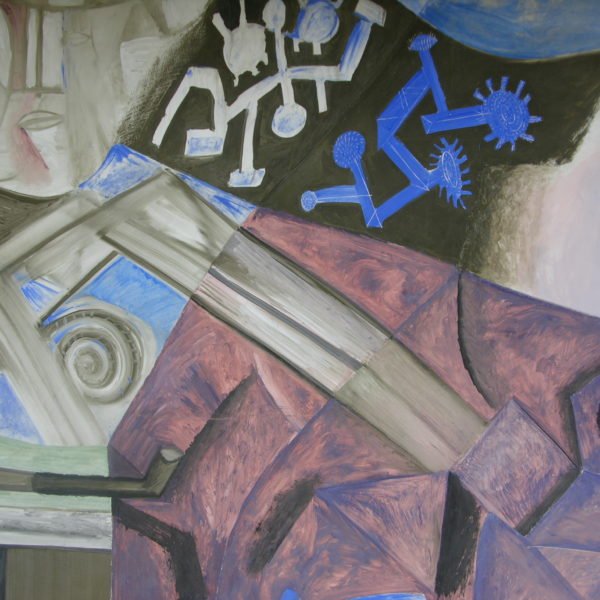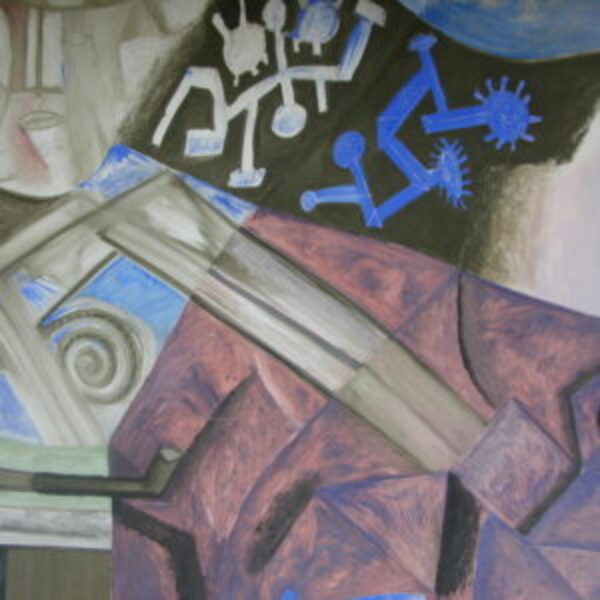Workshops General Archive
-
The workshop will focus on the recent advances of extracting the Neutron Electric Dipole Moment (nEDM), leveraging on the connection between experimental and theoretical efforts. Recent years have experienced tremendous efforts towards the investigation of the nEDM, including Lattice QCD approaches, phenomenological studies as well as purely theoretical investigationsMore info
-
Different approaches to write efficient and accurate event generators including radiative effects will be discussed. Planned and future experiments where the precision of radiative corrections is a significant challenge will be presented. We hope to expand and improve upon the excellent work and discussion fostered during the first radiative corrections workshop, which led to a white paper (see arXiv:2012.09970) and provided crucial input for a corresponding chapter in the Electron-Ion Collider (EIC) Yellow Report.More info
-
The monopole response of nuclei is a unique way to access the compressional properties of nuclear matter. Although this is not a new subject, we believe that we can achieve significant progress with a workshop, and that this progress will be highly beneficial for those who work in multi-messenger nuclear astrophysics.More info
-
The research area of the workshop is the physics of open quantum systems (OQS). These are systems strongly influenced by the coupling to an environment. This topic is common to various fields of physics (e.g. nuclear, atomic, and molecular physics, mesoscopic physics, quantum optics) in which experimental and theoretical developments are currently being carried out worldwide.More info
-
The general scientific goal of this workshop is related to QCD at high gluon densities and diffraction at the Large Hadron Collider (LHC) and the future Electron-Ion Collider (EIC) to be built in the US at BNL.More info
-
The equation of state (EOS) for strongly-interacting matter is a quantity of great interest for the physics community, and there is a strong theoretical and experimental effort to elucidate its properties at high densities and/or temperatures.More info
-
In this workshop, we aim to bring theorists and experimentalists together to assess the current and future prospects of using jet measurements to extract microscopic properties of the QGP.More info
-
This workshop will cover emergent research areas that are at the interface of many-particle nuclear and atomic physics. An important topic to be discussed is supersolidity in dipolar and spin-orbit coupled systems and their connection to non-classical moment of inertia.More info
-
The workshop focuses on wide range of topic in Nonperturbative QCD.More info
-
The focus of the workshop is recent progress with measurements of the properties of nuclei using atomic and molecular physics techniques. A central component of this proposed workshop will be spectroscopic measurements of Lamb shifts, isotope shifts, hyperfine structures of atoms, and symmetry-violating nuclear properties with molecules.More info

